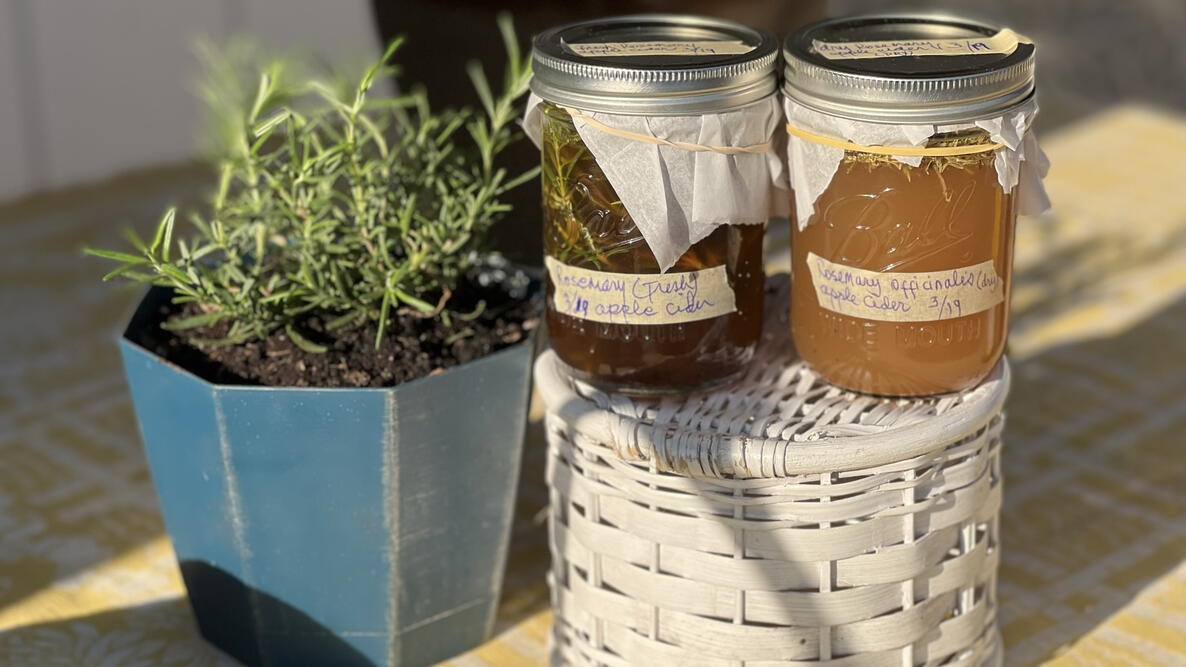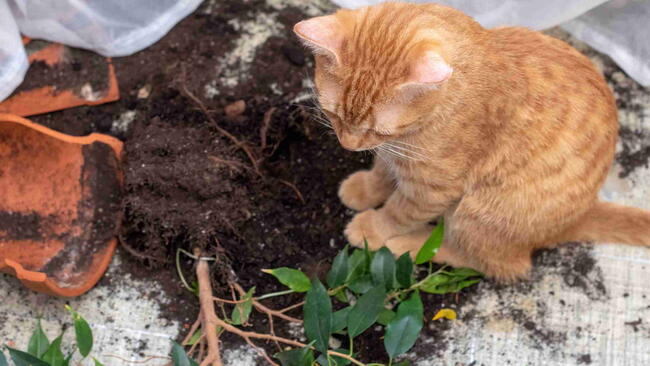
Photo Credit
Patty Sanders
Ingredients
2 Tablespoons of dried rosemary
2 cups of apple cider vinegar (preferably with the mother)
What's cooking in The Old Farmer's Store?
You should remove the weird misinformation attributing magic powers to herbs. None of those "health benefits" are real. Stick to posting recipes
How much do you take to aid memory?
Hello ty I just wanted to know after the 6 week what do I do next. Strain the rosemary leaves. Then how long is the vinger good for and does it have to be Frigidaired and how long will it stay good? Thanks
After the 4 to 6 weeks when the rosemary vinegar has completed its brewing cycle should the vinegar be fully strained and then re-bottled? Or can the rosemary herb (fresh and/or dried) be left in the vinegar until all the vinegar is used?
What is "the mother"? My mom used to refer to the air bubble in honey as the mother, but how does it apply to vinegar?
Can it be fresh and not dried in with the vinegar? I have a giant rosemary plant, and drying a quantity will take time.
- « Previous
- 1
- 2
- …
- 10
- Next »






Comments